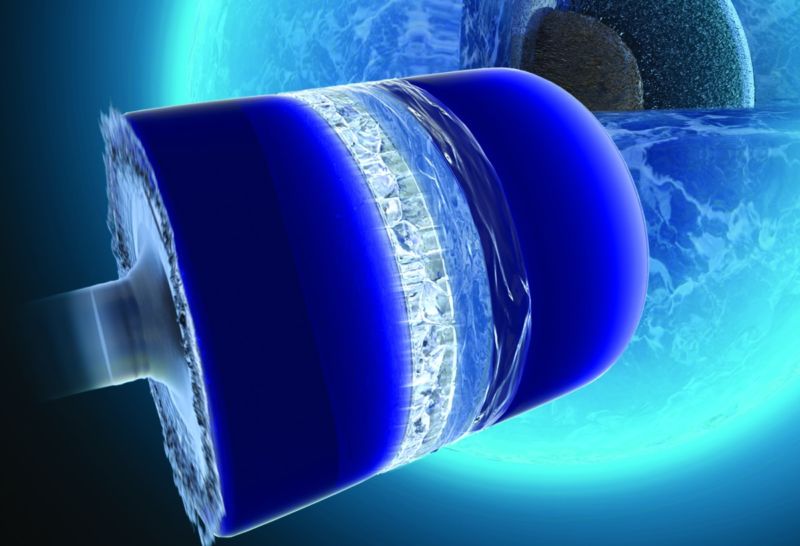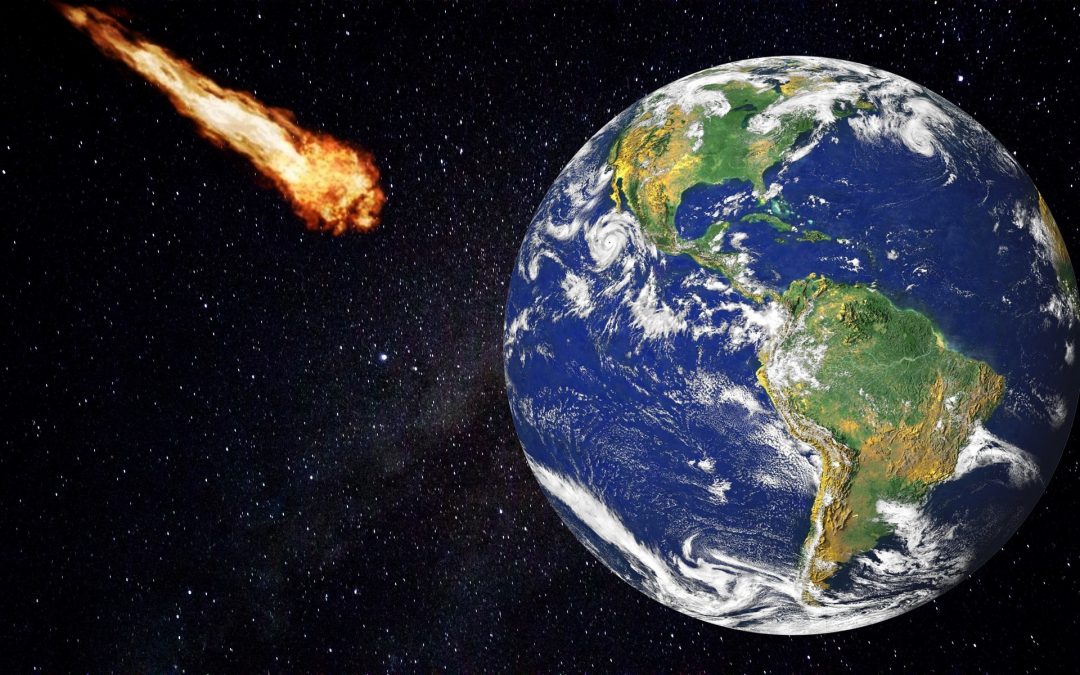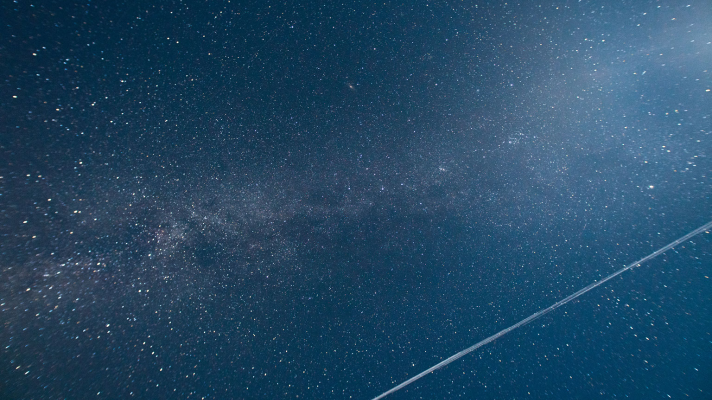We’ve spent a lot of time gushing about Saturn’s rings, but there are other places with ring systems. And not just Jupiter and the ice giants, but asteroids, dwarf planets, centaurs and even exoplanets. Today we’ll gush about them.




We’ve spent a lot of time gushing about Saturn’s rings, but there are other places with ring systems. And not just Jupiter and the ice giants, but asteroids, dwarf planets, centaurs and even exoplanets. Today we’ll gush about them.

Ice is ice, right? You know, what you get when water freezes. Well, maybe here on Earth. But across the Universe, water can be squeezed together at different temperatures and pressures, leading to very different structures. Today we’ll talk about the different forms t…

The asteroid apocalypse is one of those existential crises that keep astronomers up at night. But the DART mission showed us that we can push an asteroid off its trajectory if we have enough warning. Today we’ll talk about how humanity is building early warning system…

If you’re in dark skies and look up, you’re certain to see a satellite. Lots of them. But how can you know which one you’re seeing, and how can you improve your chances of a sighting? Today we’ll talk about how to see satellites, or avoid seeing them.
Recent Episodes